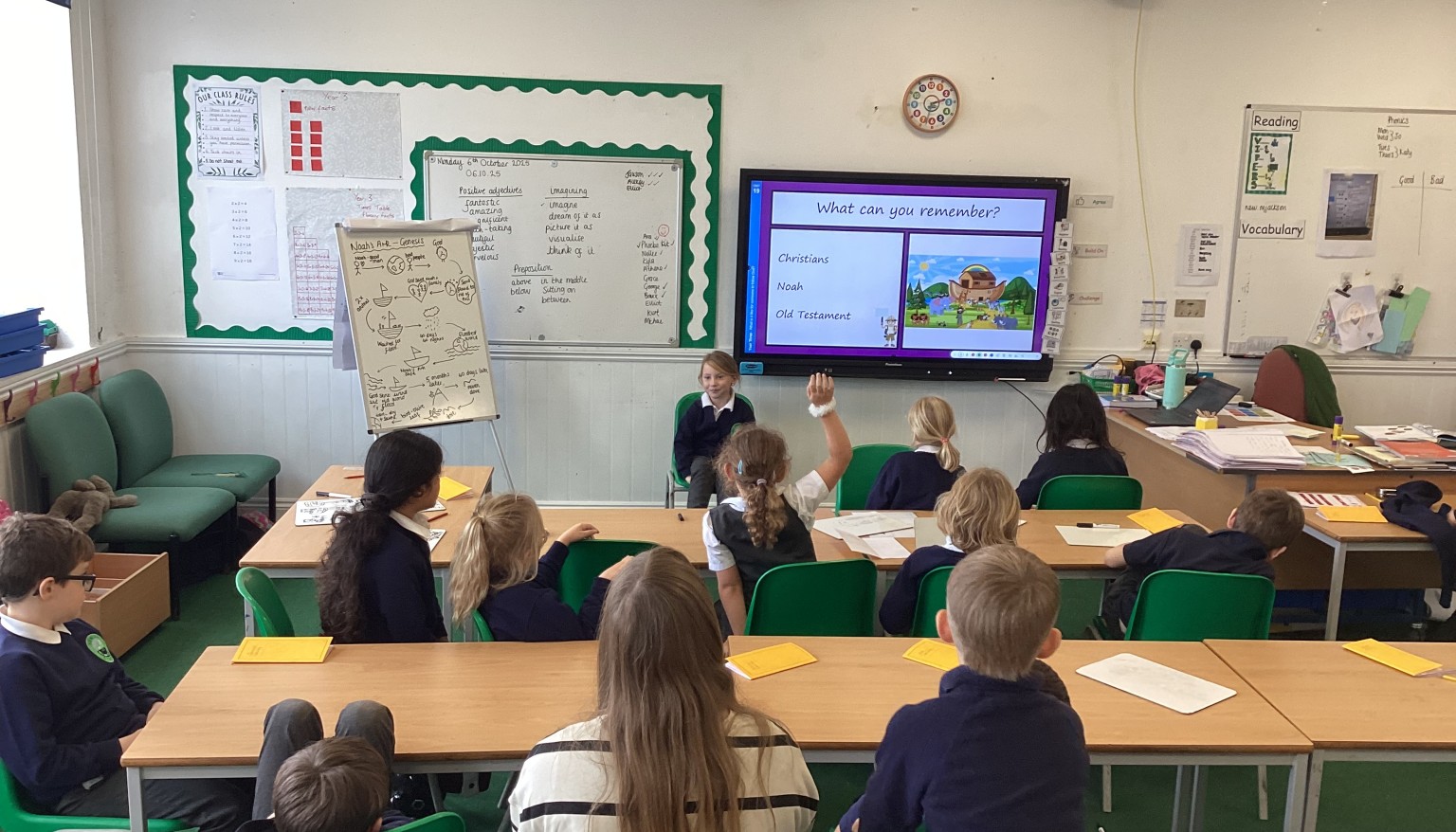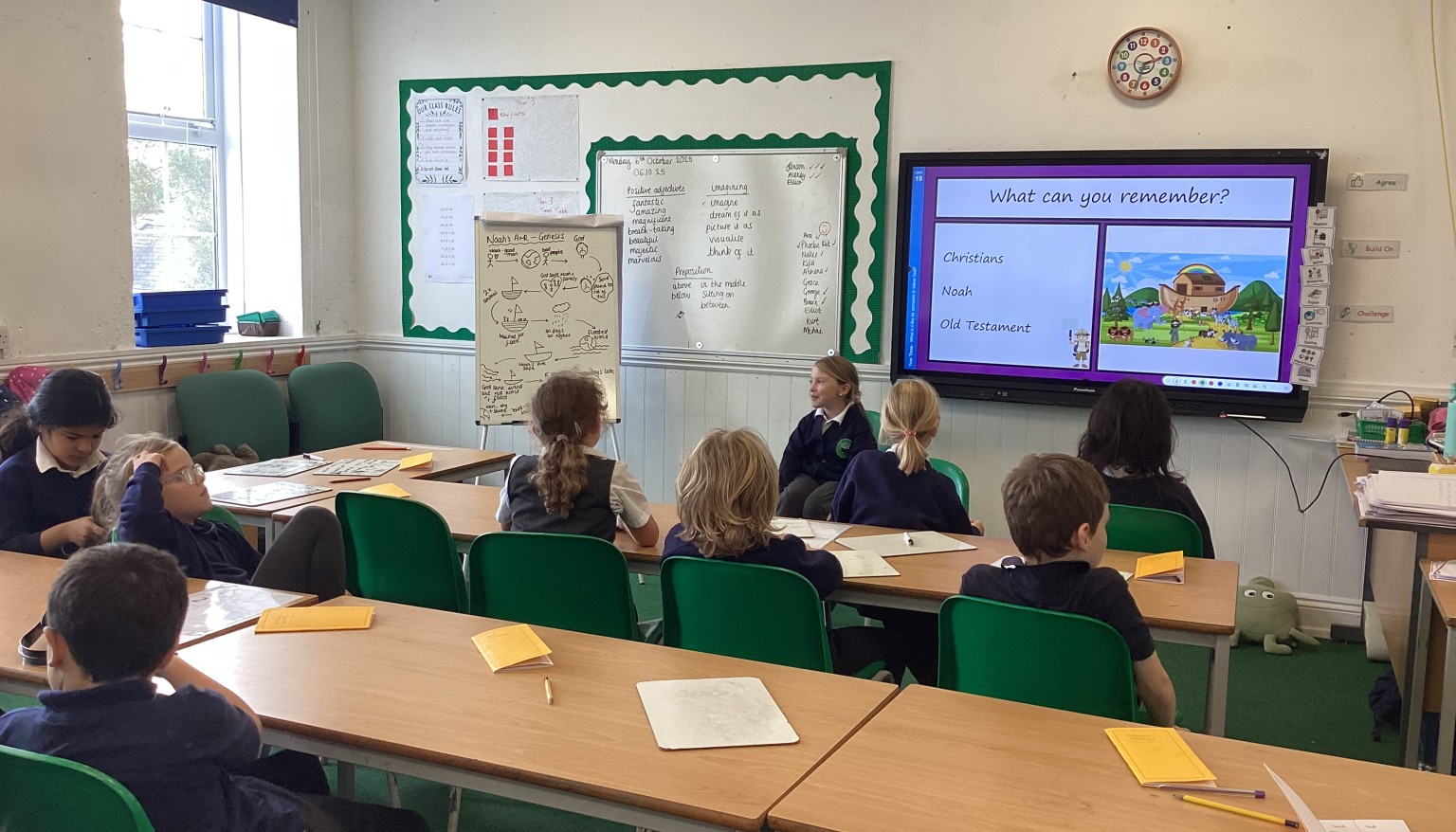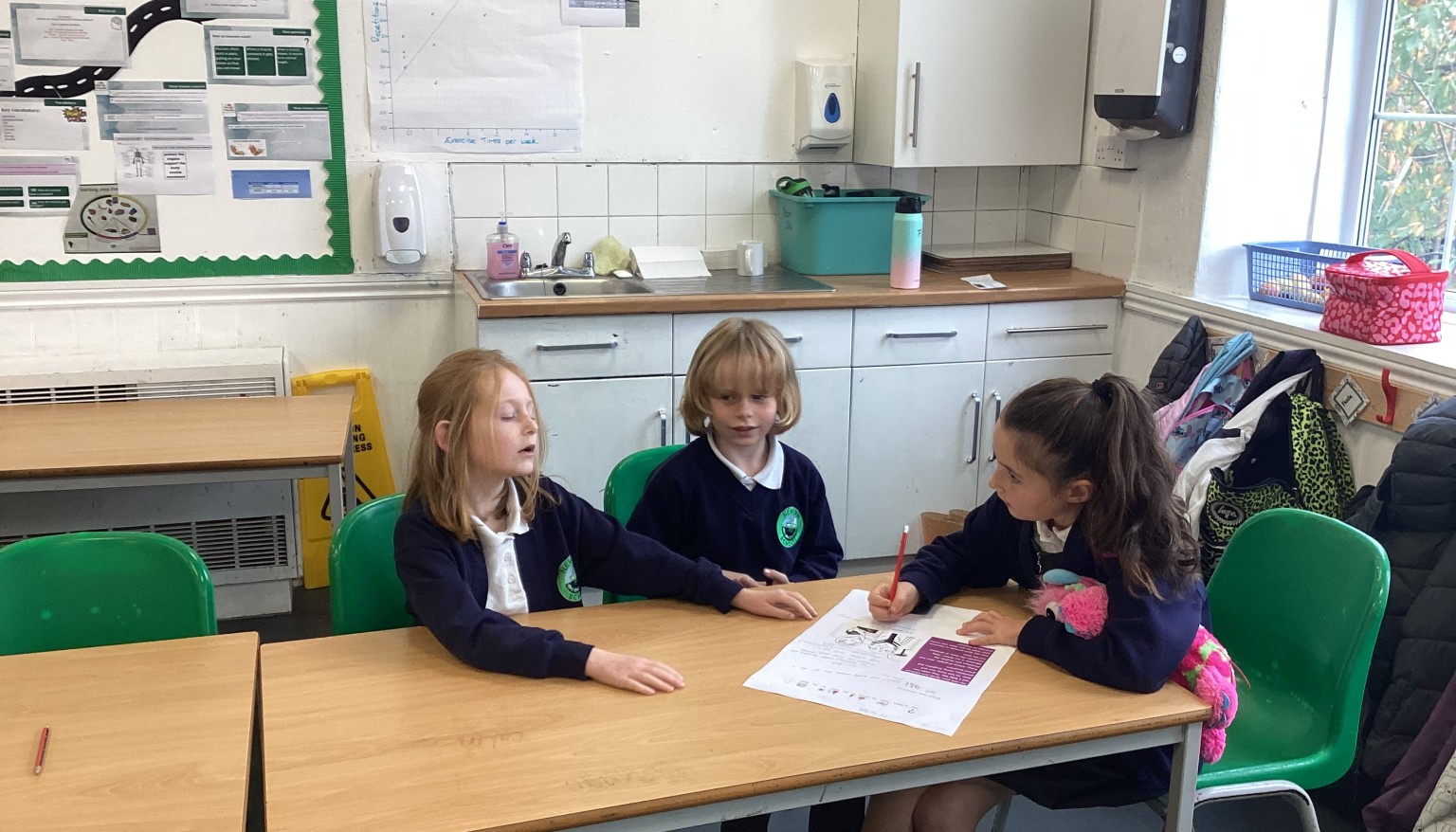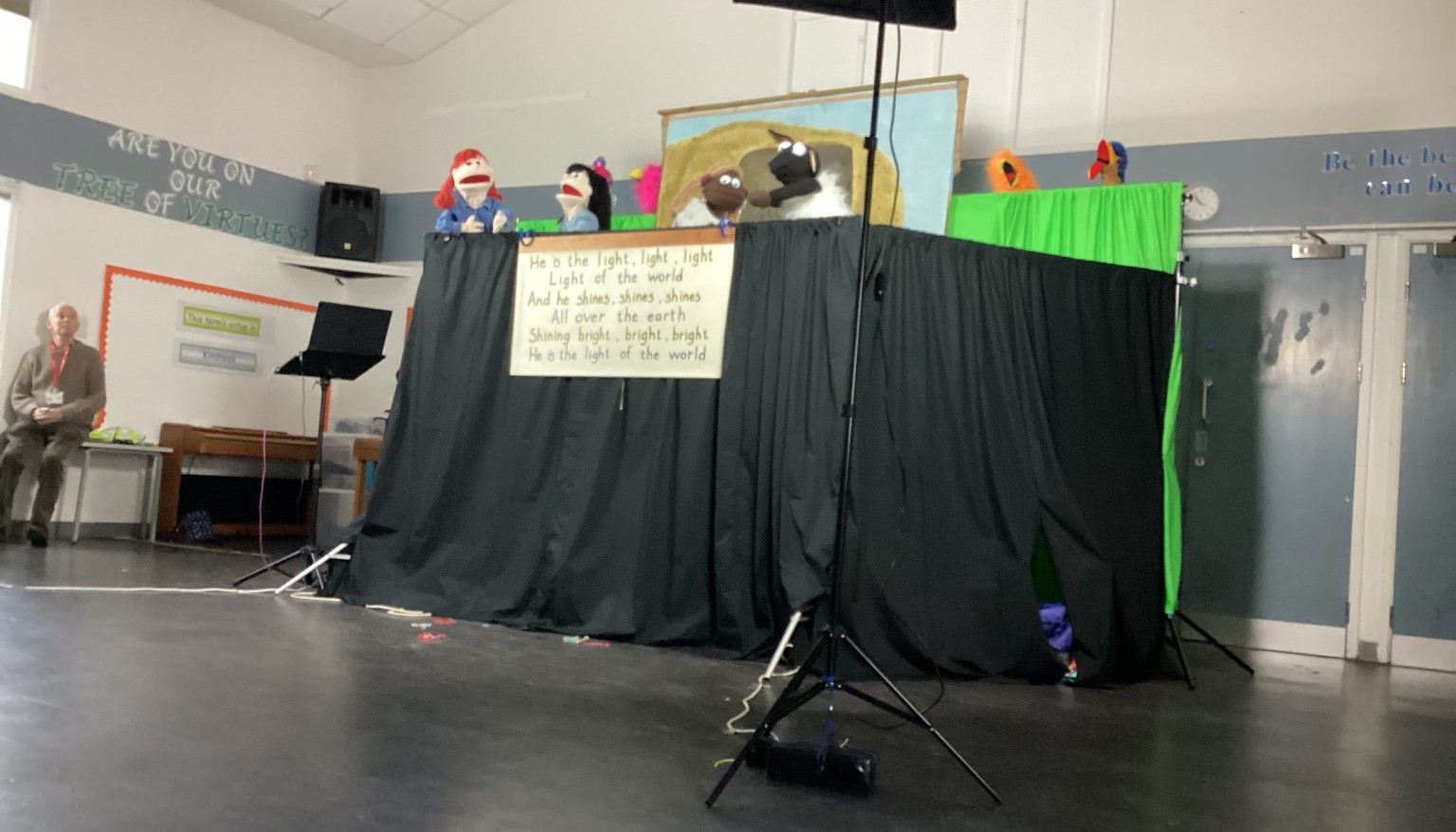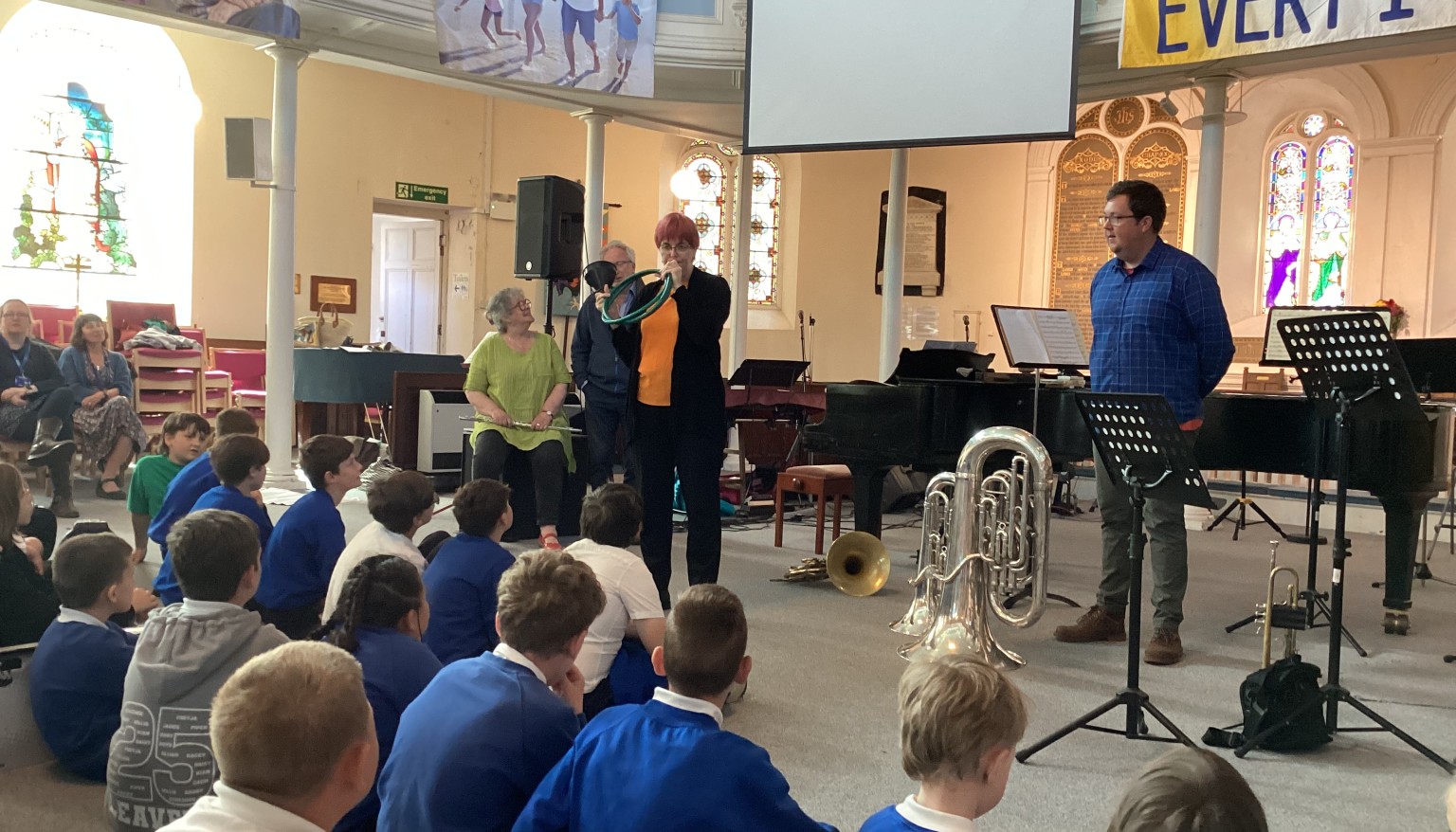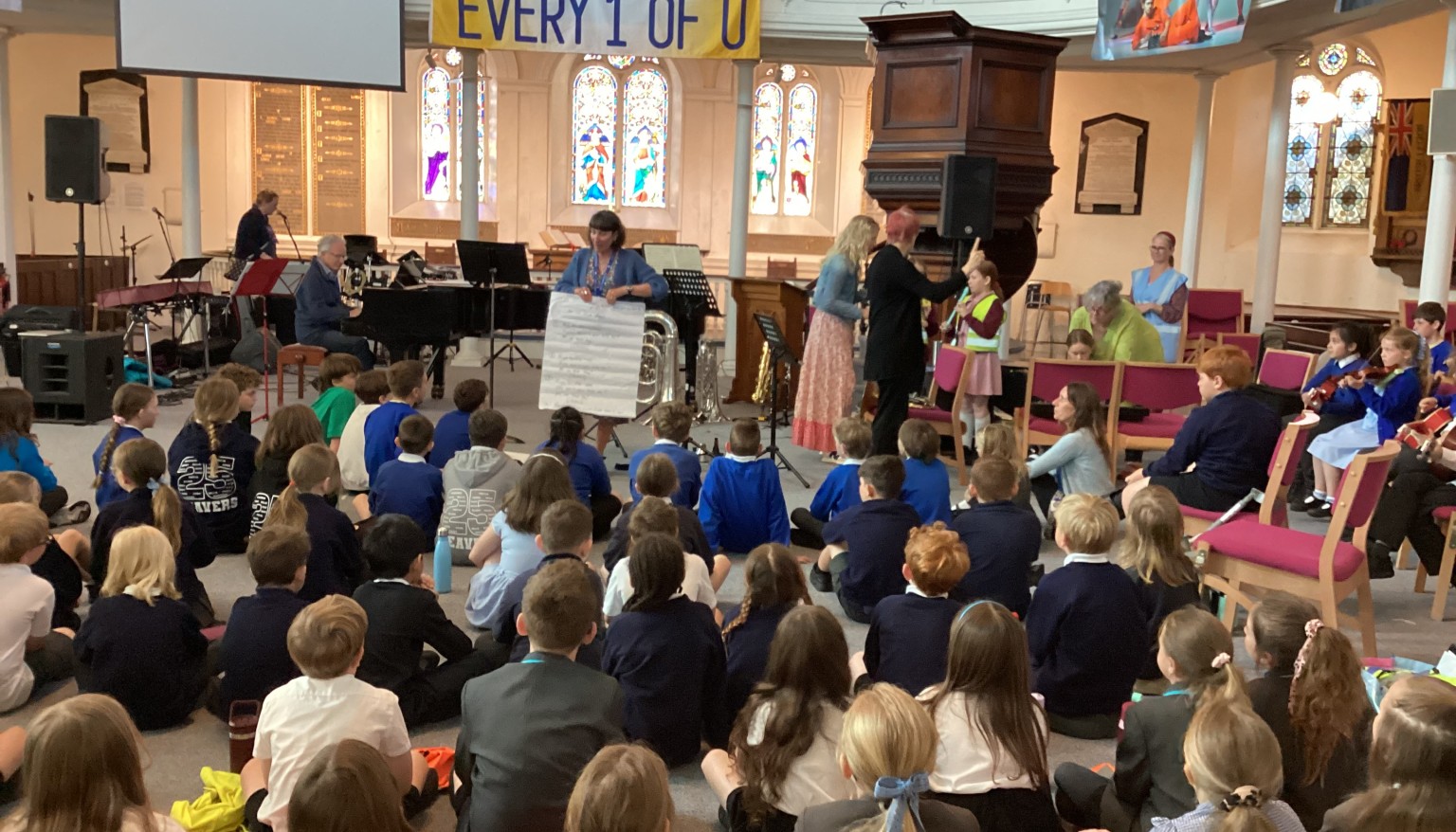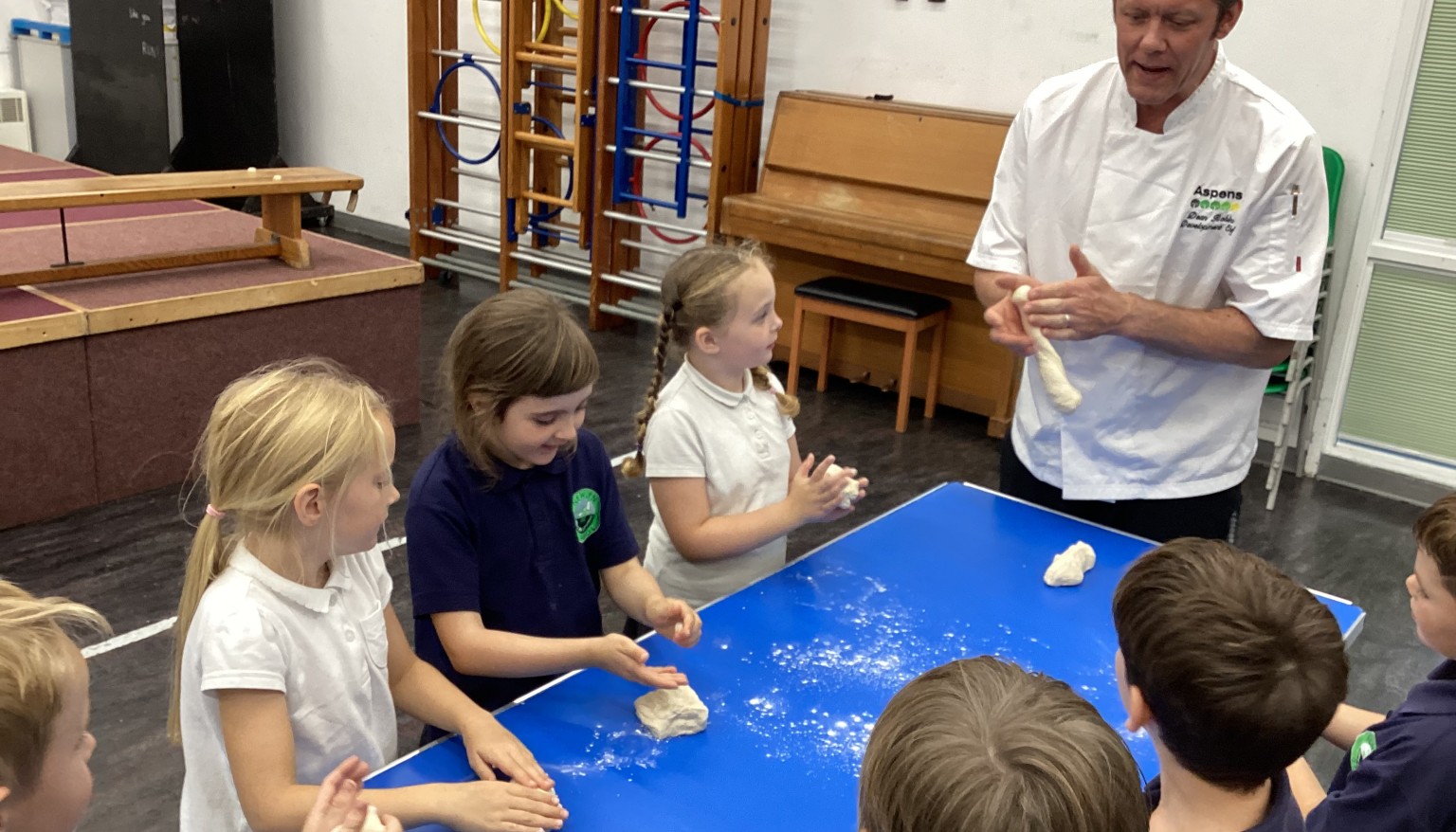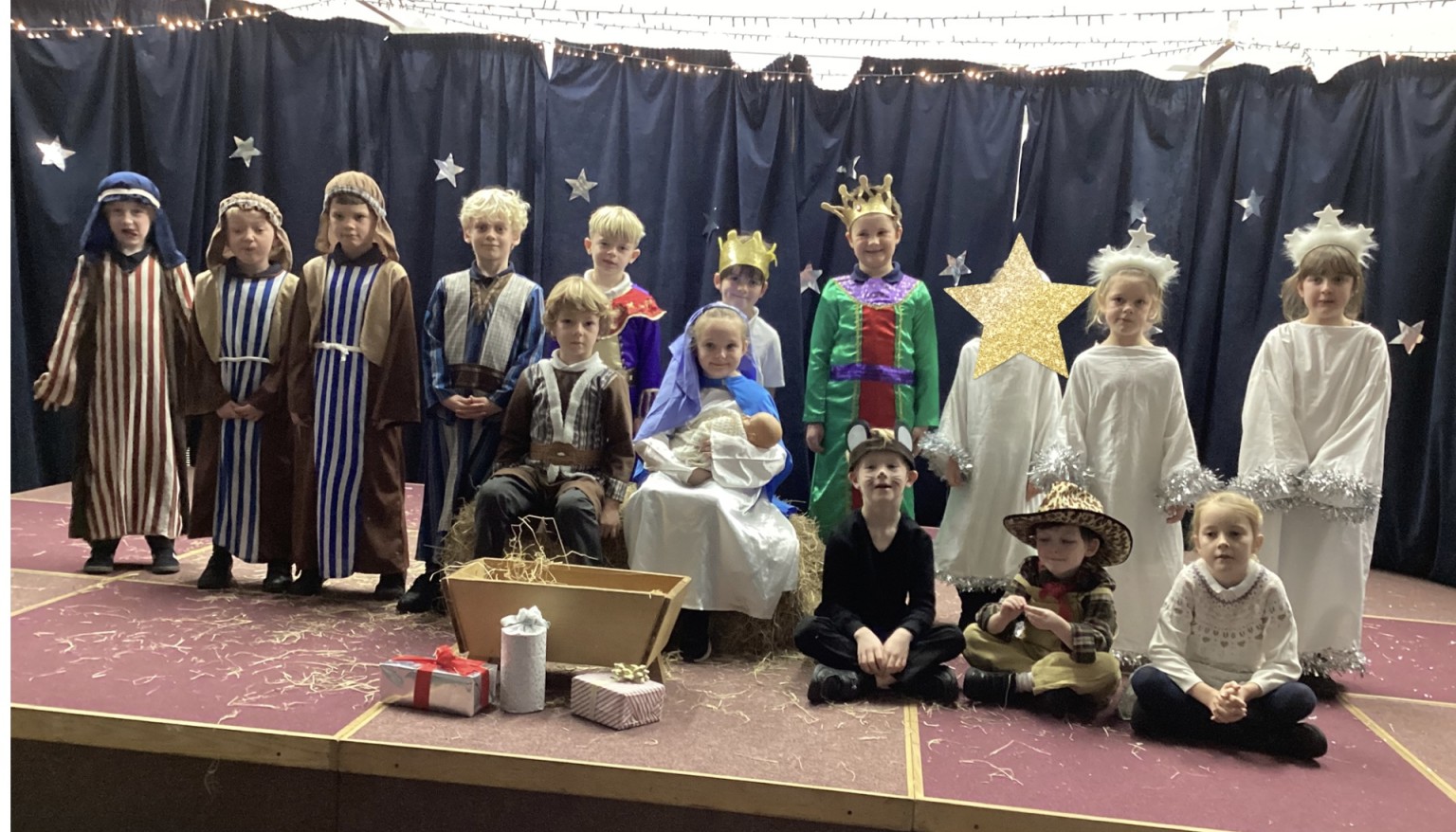"Each of the worlds religions has its own particular genius, its own special insight into the nature and requirements of compassion, and has something unique to teach us" - Karen Armstrong
RE is multifaith:
At Newlyn School, Religious Education (RE) plays a vital role in helping children develop a deeper understanding of themselves, others and the world around them. Through RE, pupils explore a range of religious and non-religious worldviews, learning to appreciate the belief, values and traditions that shape people lives. Since 1944, all schools have been required to teach RE to all pupils on roll. At Newlyn School we use NATRE (National Association of Teacher of Religious Education) to support the teaching of RE, it provides access to high quality, inclusive materials that support both teacher development and pupil engagement. It promotes thoughtful, balanced exploration of religious and non-religious worldviews, ensuring our pupils learning is relevant, reflective and engaging.
As education policy changes, the legal requirement for RE for all registered pupils remains unchanged. RE is an entitlement for all pupils, unless they have been withdrawn by their parents from some or all of the RE curriculum.
Right of withdrawal
This was first granted when RE was actually religious instruction and carried with it connotations of induction into the Christian faith. RE is very different now – open, broad, exploring a range of religious and non-religious worldviews. However, parents have the right to withdraw their children from RE lessons or any part of the RE curriculum and the school has a duty to supervise them, though not to provide additional teaching or to incur extra cost. Where the pupil has been withdrawn, the law provides for alternative arrangements to be made for RE of the kind the parents want the pupil to receive. These arrangements will be made by the parents; the school is not expected to make these arrangements. This RE could be provided at the school in question, or by another school in the locality. If neither approach is practicable, the pupil may receive external RE teaching as long as the withdrawal does not have a significant impact on the pupil’s attendance. However, it is good practice to talk to parents to ensure that they understand the aims and value of RE before honouring this right.
Intent
Here, at Newlyn School, the aim of Religious Education is to help children to acquire and develop knowledge and understanding of Christianity and the other principal religions represented in Great Britain, including Cornish traditions, festivals and Saints; to appreciate the way that religious beliefs shape life and our behaviour, develop the ability to make reasoned and informed judgements about religious and moral issues and enhance their spiritual, moral, social and cultural development. To uphold British values, including respect and tolerance. We encourage and enable children to express balanced opinions based on knowledge of differing religions and world views.
Implementation
We teach Religious Education explicitly through using NATRE primary curriculum and the recommended learning through questions units. RE is taught once a week or in blocks around religious celebrations.
Impact
The children at Newlyn School enjoy learning about other religions and why people choose, or choose not to follow a religion. Through their R.E. learning, the children are able to make links between their own lives and those of others in their community and in the wider world.

